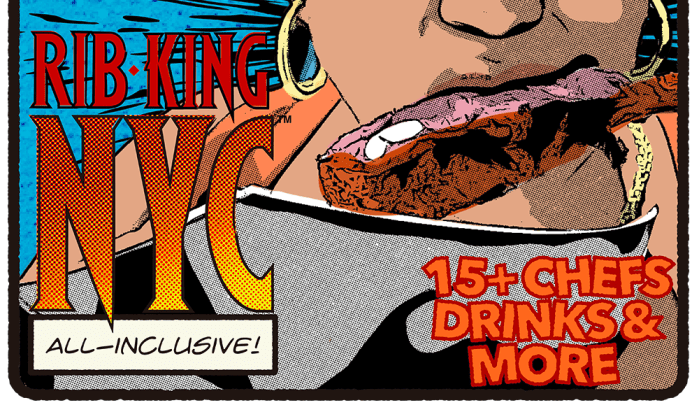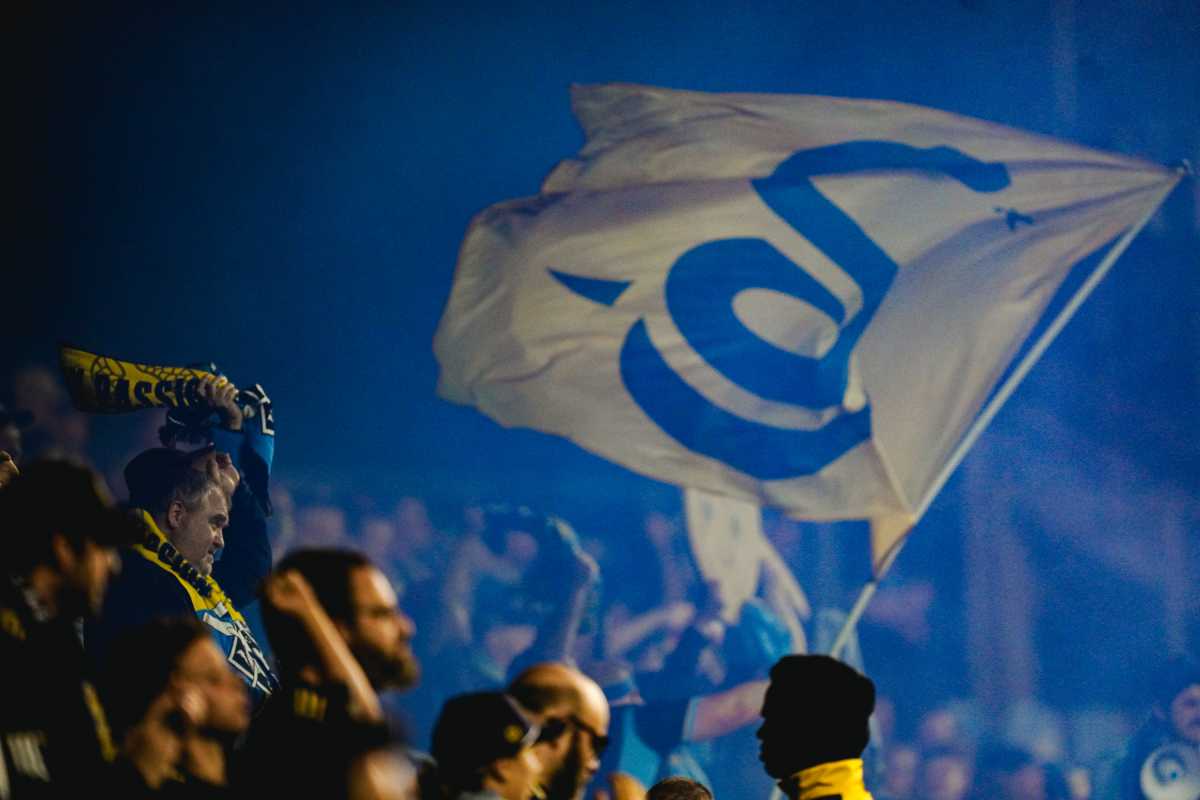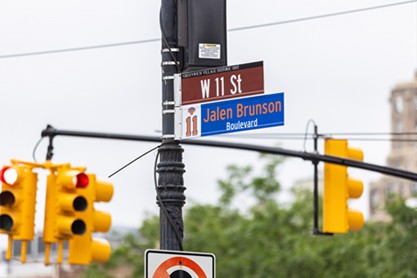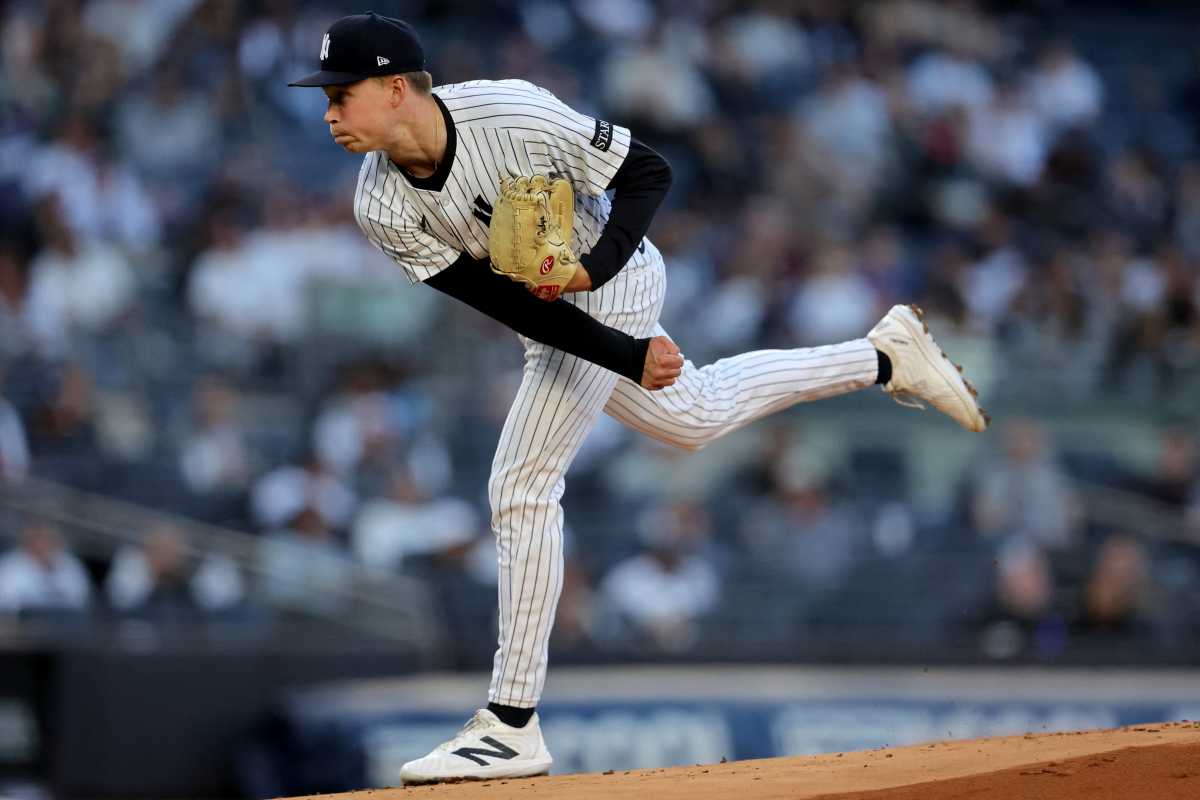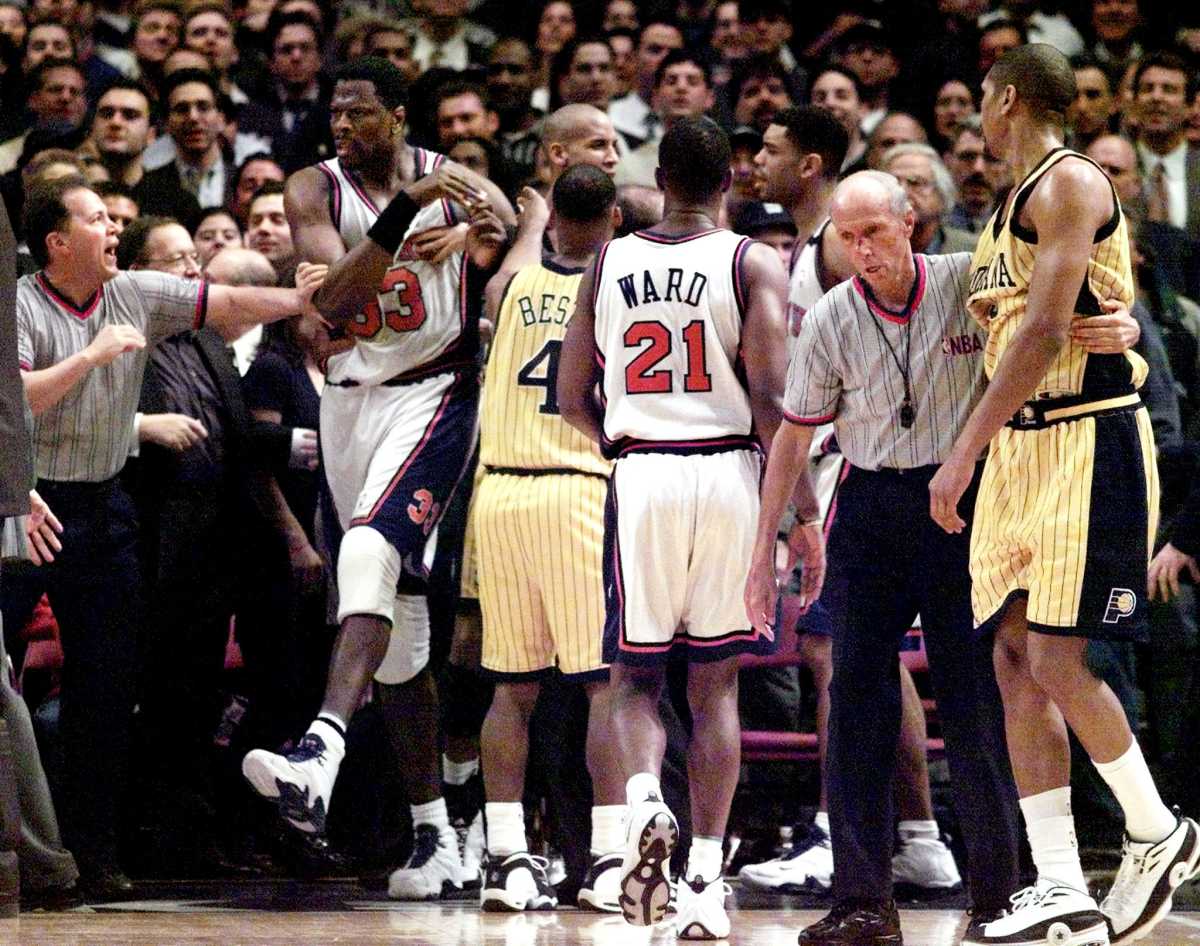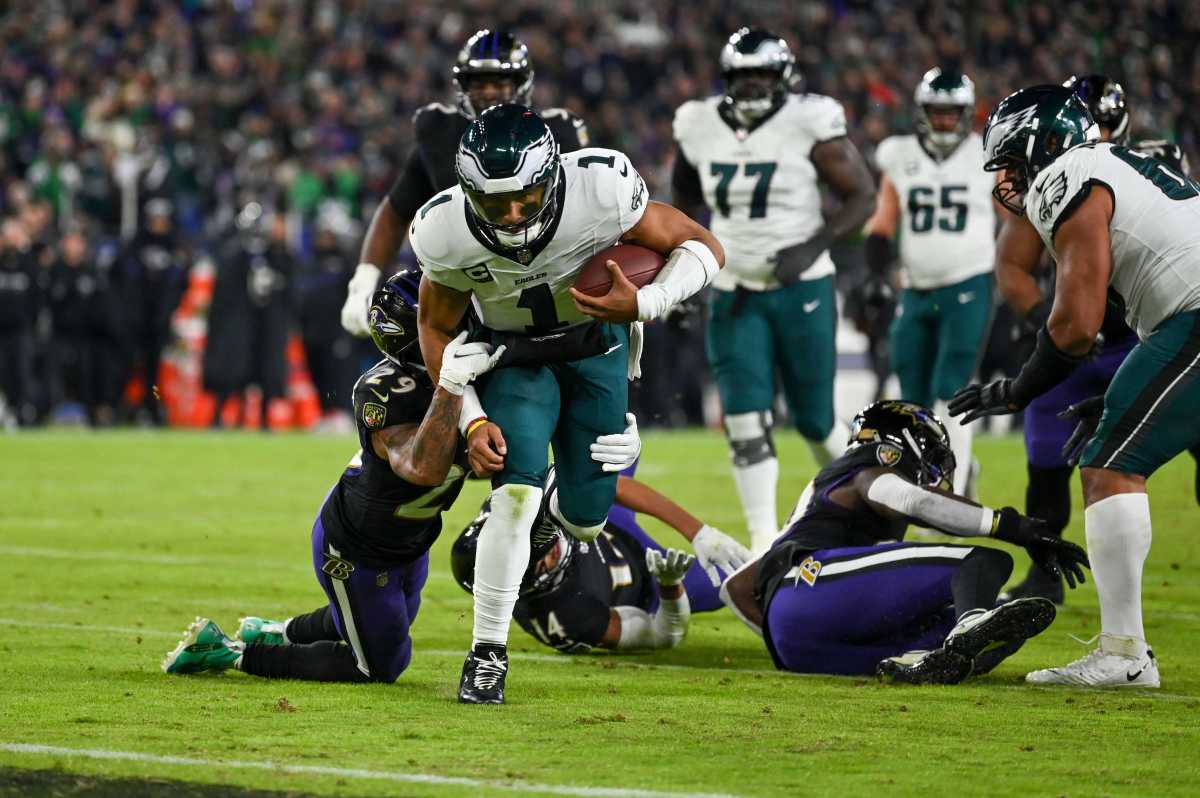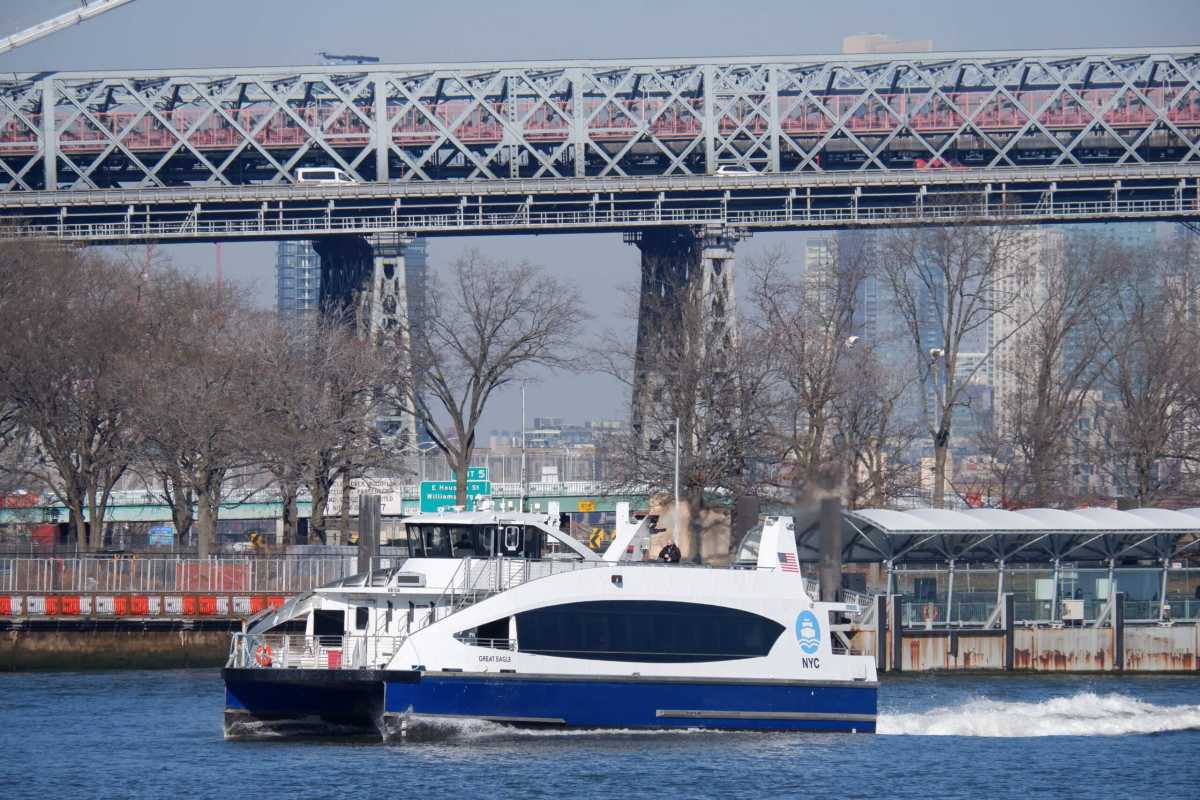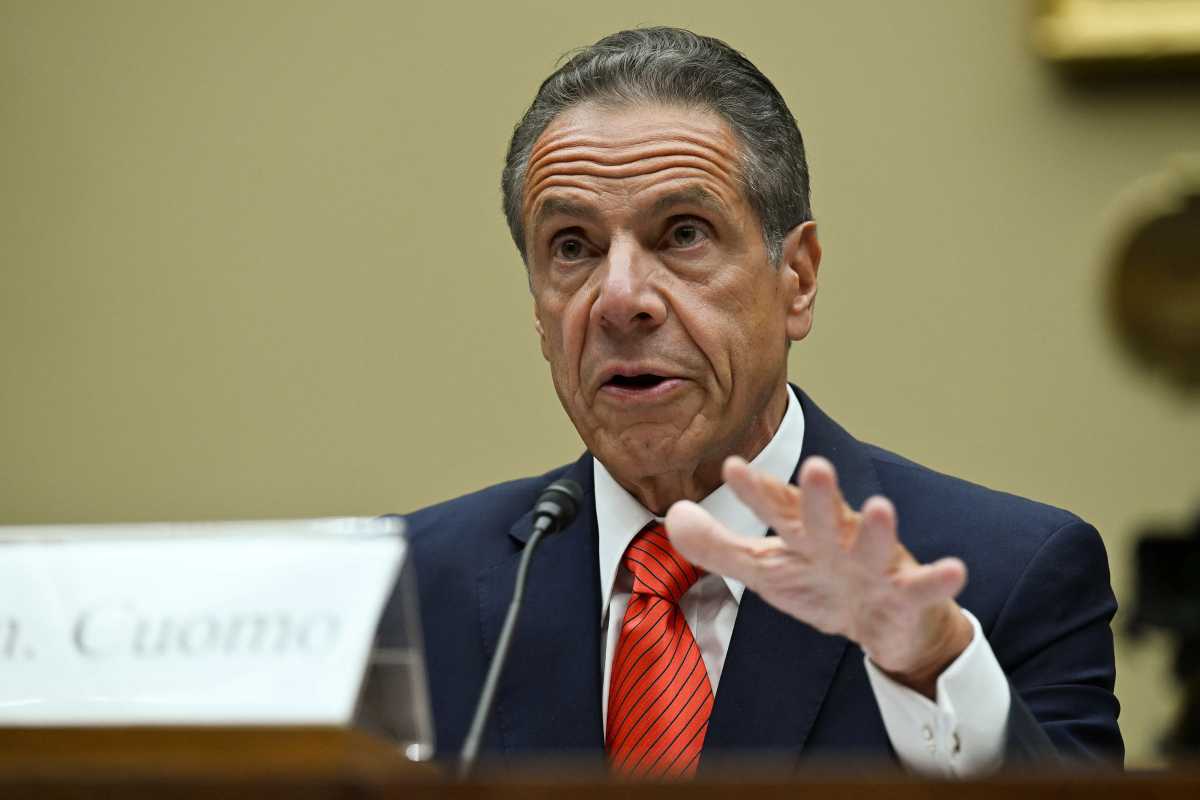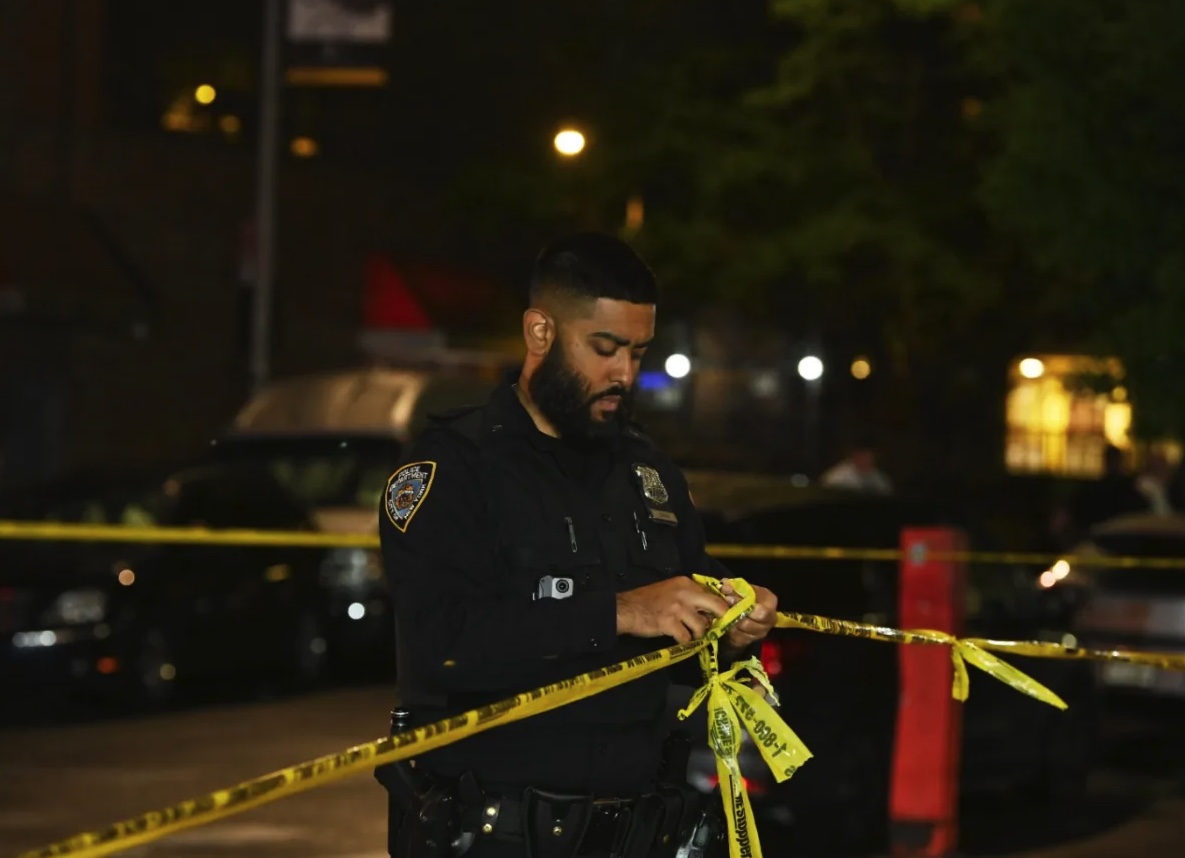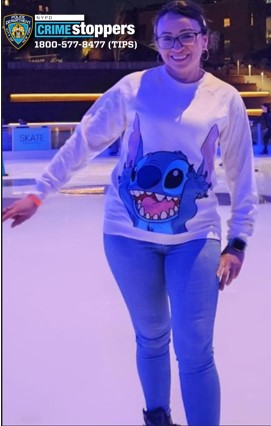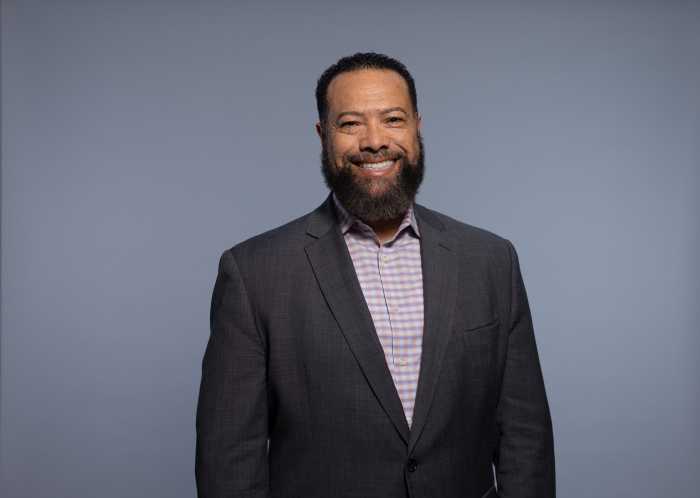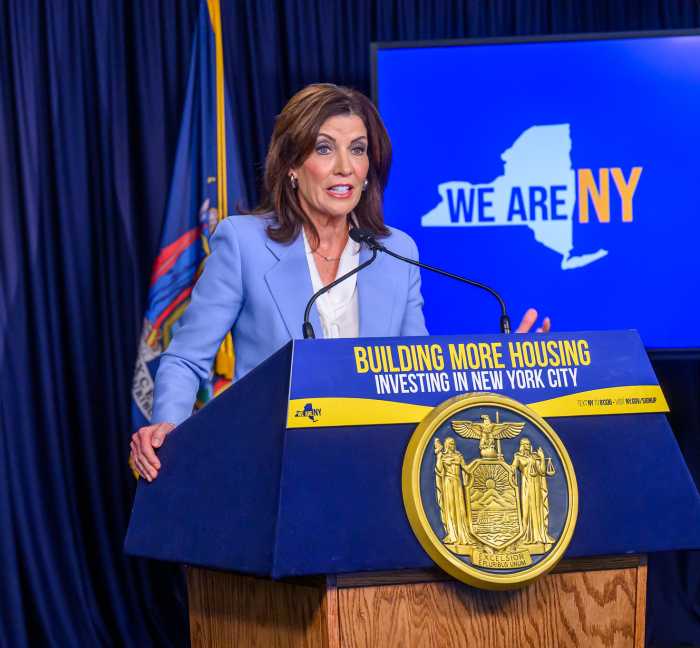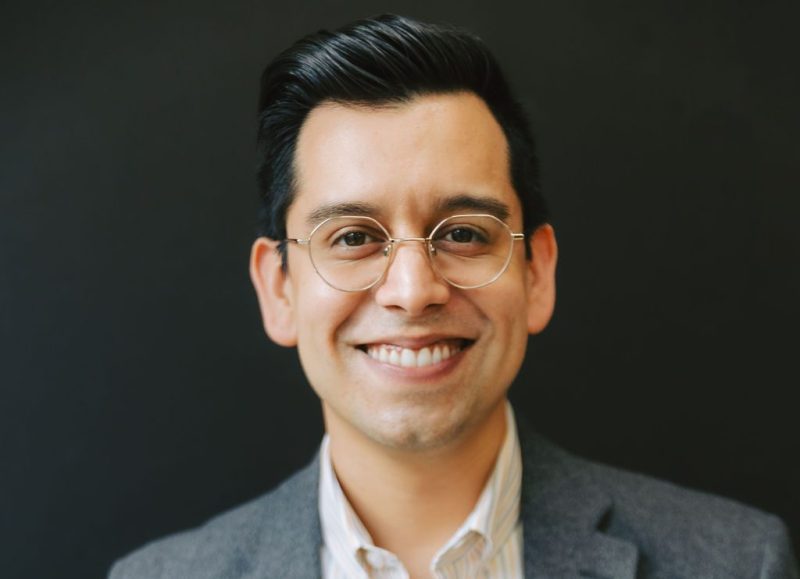Throughout history, there have been many instances where people have followed a single person believing that they are the next coming of a greater being. Each religion has their own take and name for this person, including when that almighty being turns out to be untrue, a con man, or a “false god.” For some people, it can be easy to jump headfirst into this comforting belief in one being, and on the other hand, it can be very easy for other people to doubt anyone who claims to be holy.
In Netflix’s latest thriller from Michael Petroni, “Messiah,” audiences will face the challenge of believing, or not believing in one charismatic figure who claims to be the next coming of Christ —- and your belief may change from episode to episode. But that’s exactly the point, according to Stefania LaVie Owen, who plays Rebecca, a misunderstood teenager who gains a special connection with Al-Massih after a tragedy hits her hometown.
Owen sat down with Metro to discuss the story, the journey she sees her character take and dive into what makes audiences an active participant in “Messiah.”
Stefania LaVie Owen on how audiences become an active participant in Netflix’s latest thriller, “Messiah”
What initially intrigued you to sign on for the show?
I read the first script and from the get-go it was just so engaging and I could envision it. I felt taken by it, and that’s when I know that I really love something. Just the way that it’s written and the subject matter, I was just really attracted to Rebecca as a character. She’s fascinating because she has a lot of things going on inside, and what’s exciting was after knowing that I had the role, reading her journey just made me even more excited to discover her power throughout the show and discover her strengths. I was so excited to be on board with the show and it’s just been magic from the beginning.
Rebecca gets the closest to Al-Massih out of everyone in her family, what do you think drove Rebecca to connect with him so much?
I think we meet Rebecca in a place of vulnerability, and she’s a teenager who wants to leave her small town and escape — she’s just not happy with her life. So when she meets Al-Massih it’s kind of a ray of hope and an escape out of her own life where she normally was feeling trapped. I think that was the initial attraction, but also, it’s somebody that sees her for the first time. She felt even before he showed up that she was misunderstood. She felt alone, and somebody finally looks at her in the eye and she finally feels understood. So I think there is a connection there because he is hope for her.

What role did social media take on in the show in regards to people responding to Al-Masih?
I think with social media, what’s really great about it is it does allow you to see a lot of things from different perspectives and gain a wider understanding of what’s going on. But what’s difficult too is that people can look at something and then choose to believe it and go down a wormhole of whatever they initially saw. It’s good and bad, and I think throughout the show, it plays a really important role in showing how it can shape people’s beliefs and their perspectives. It can be so positive and allow people to seek information, but it can also be harsh. Rebecca gets the brunt of it because she posts things and journals about what is going on throughout the road trip and the show [with Al-Masih.] She gains more and more followers and people are judging her and then also giving her praise. It’s the same with life, social media plays such an important role in showing what’s happening in our culture now and how we’re so influenced by it and how we can become controlled by it as well.
Why do you think it was so easy for people to follow Al-Massih even when they didn’t see his “miracles” in person?
I think people want to believe in something, and people are searching for truth throughout their lives. They just want to know what the bigger picture is, so when Al-Massih comes into our story, it breaks down people’s beliefs and breaks down barriers. People will believe what they want to believe especially when you have so many different perspectives.
What changes did you see personally in Rebecca throughout the course of the show?
We meet Rebecca in her darkest place, feeling trapped, alone and stuck. When she finally gets the opportunity to leave, she begins to come out of her shell. Throughout the show, she really begins to face her demons. I know in my life too, when you do have to face those demons it’s really hard — but you come out the other side feeling new and rejuvenated and like a different person. You look back on the past like ‘wow’ — it almost feels like you shed a layer of skin. I think her journey throughout the show is letting go of her demons and escaping her inner turmoil while realizing her potential.

What do you hope audiences take away from the show overall?
What I love about it is that with so many different perspectives it allows you to see something in a less black and white way. It is not necessarily good or bad, or right or wrong and you have an understanding of why people believe the way they do or don’t believe. I hope people ask questions and discuss and talk because I feel like it’s so easy to kind of point the finger and say ‘You’re wrong.’ I think this show allows an opportunity to see a wider lense of how something can be interpreted in so many different ways. As an audience member what is so awesome is that you’re an active participant in the story, you’re always trying to figure him out and the writers don’t do it for you. It’s not a brain-numbing show, you’re active and you want to know the truth.
“Messiah” drops on Netflix Jan. 1










